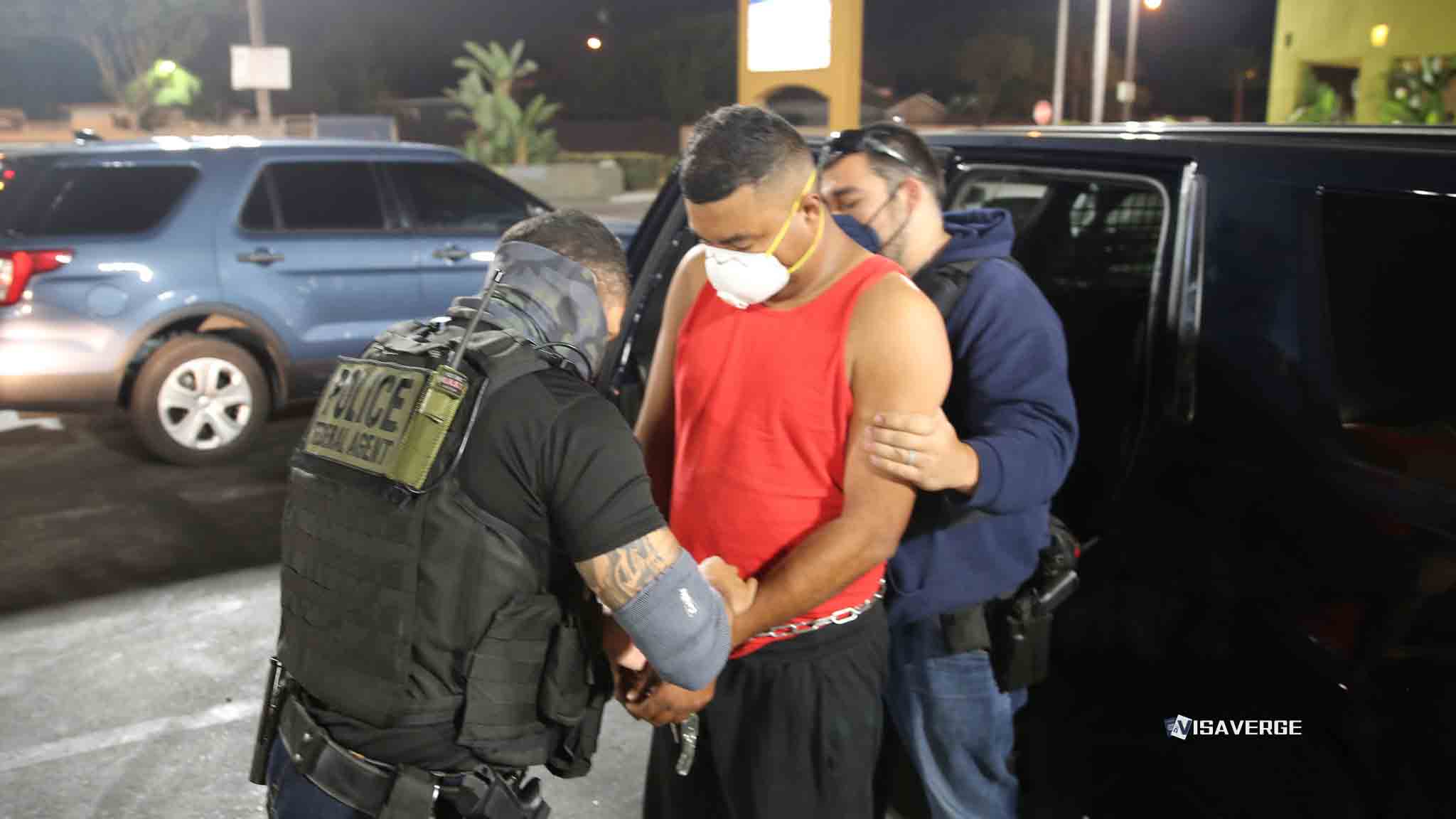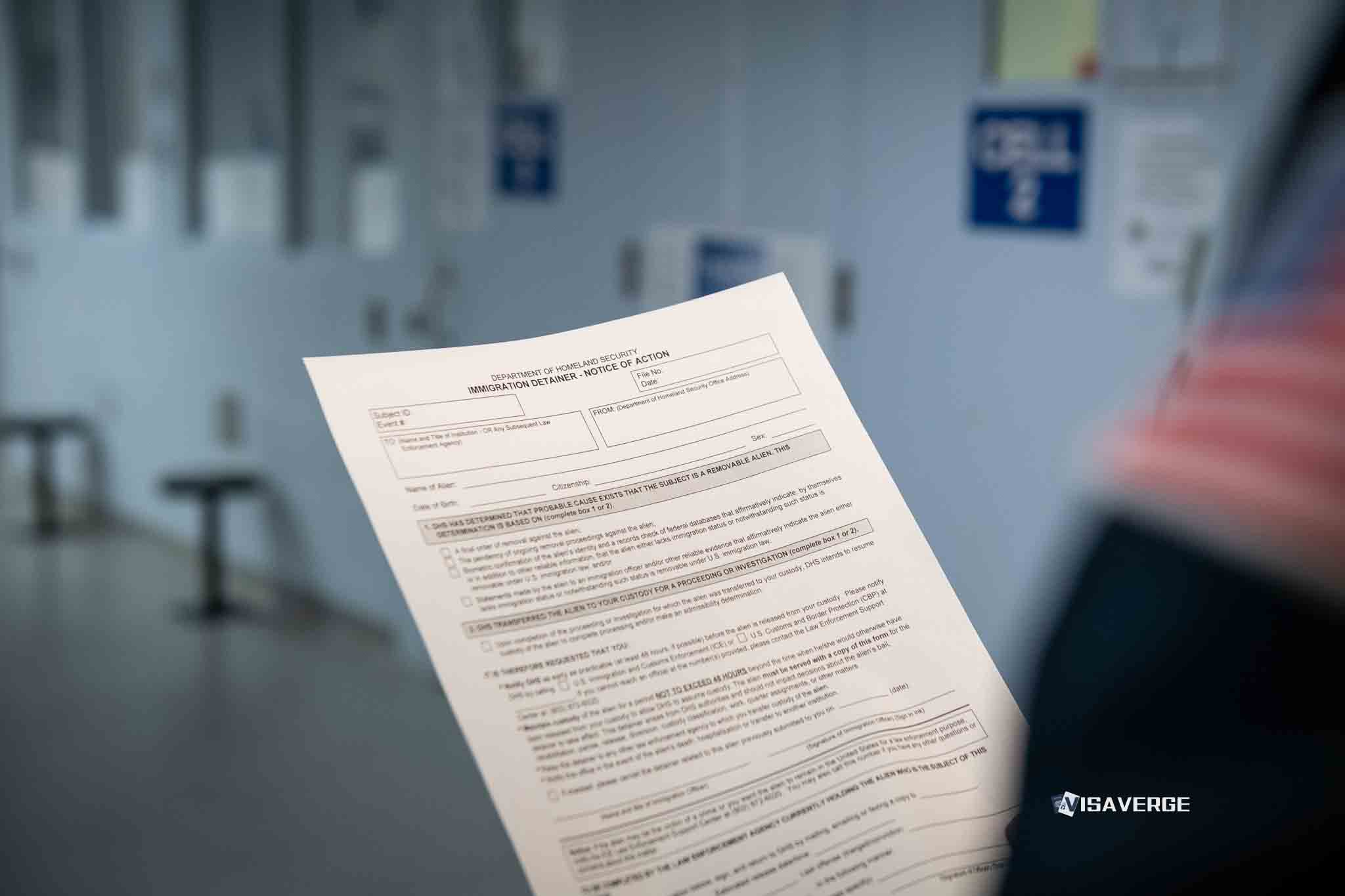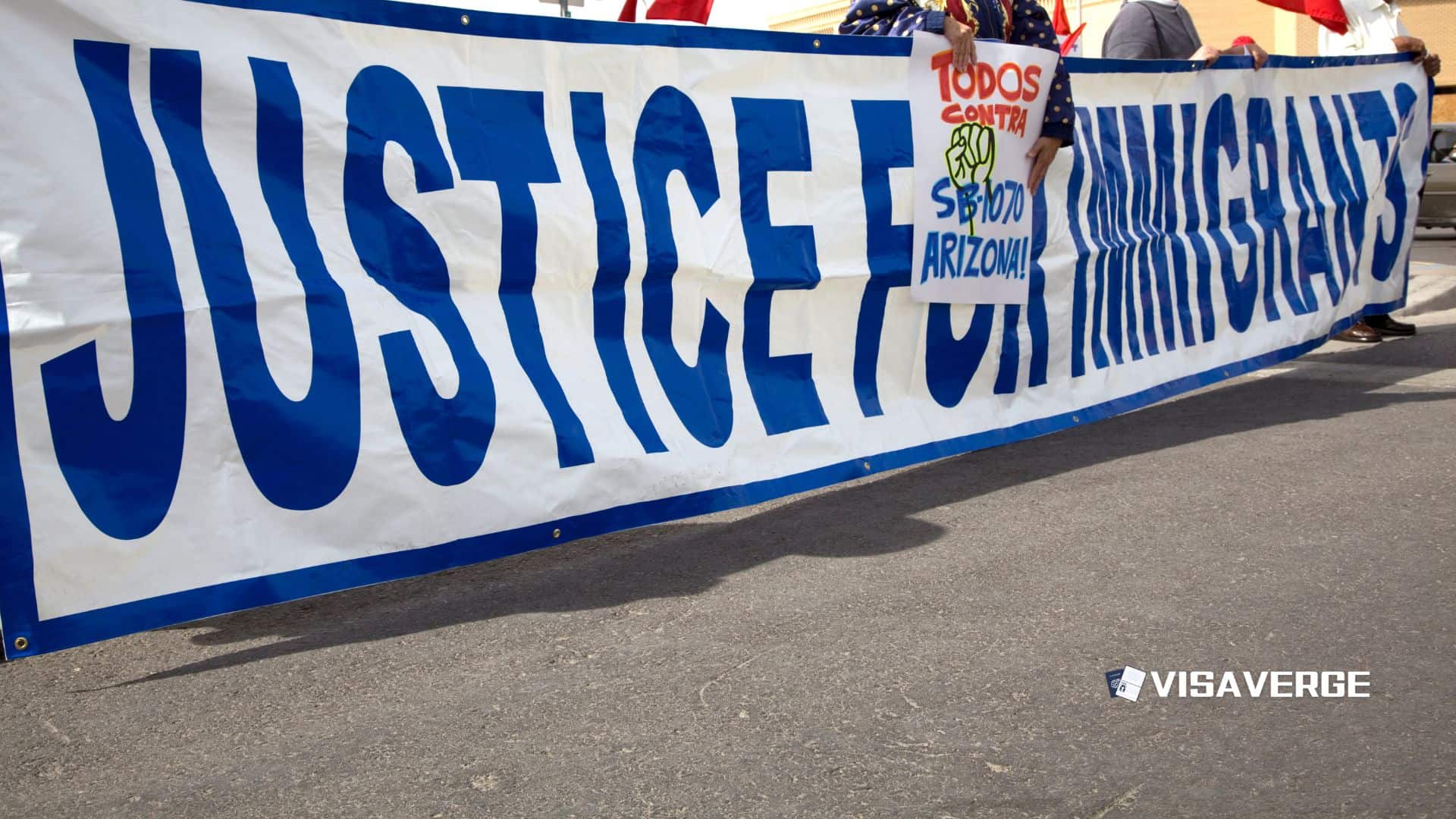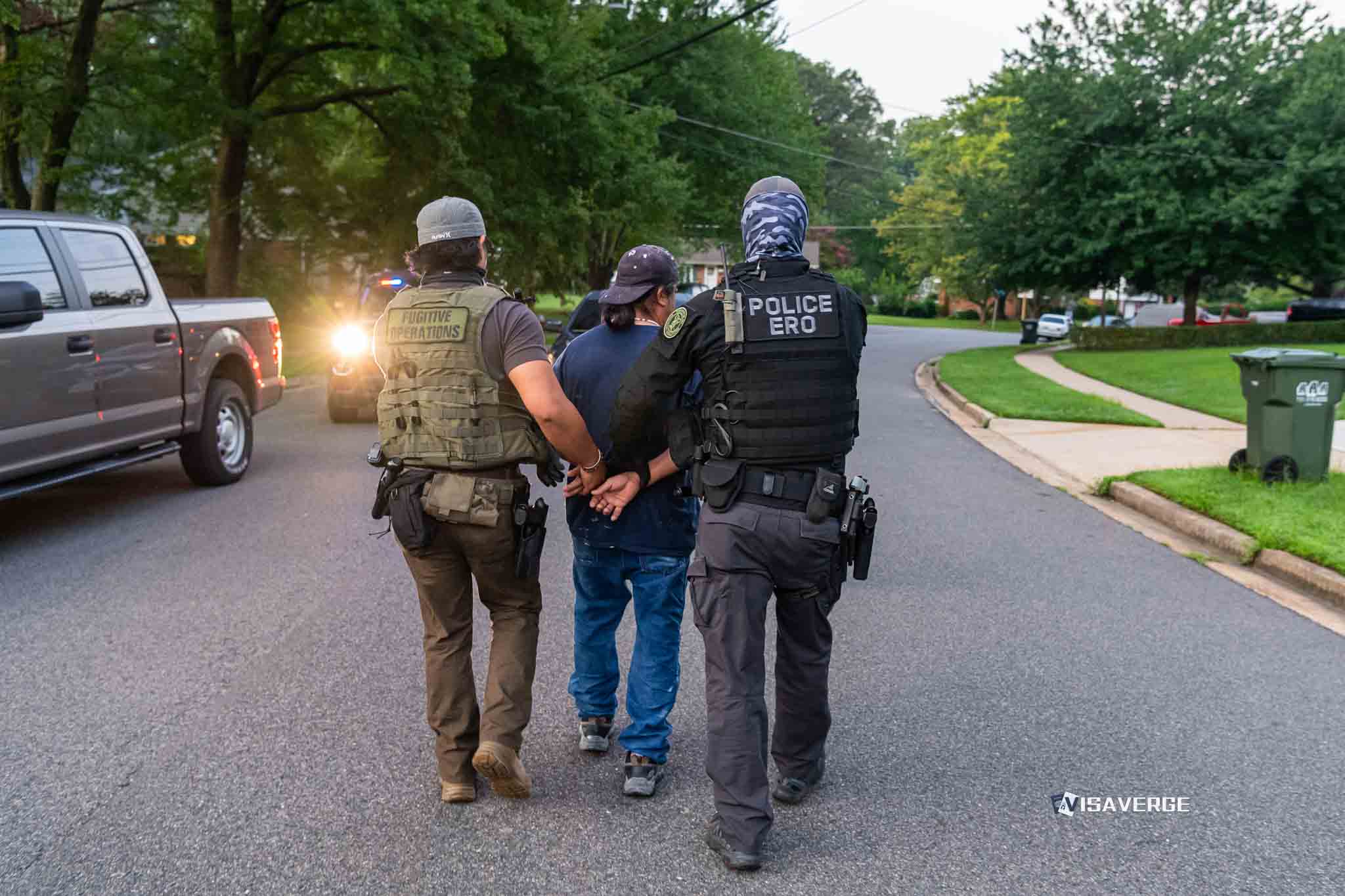(PITTSBURGH, PENNSYLVANIA) A grassroots push to make Pittsburgh a sanctuary city moved into public view this week, as residents submitted a petition with about 1,500 signatures urging city and county leaders to back a sanctuary city law and halt local cooperation with federal immigration enforcement. The petition also asks for a public hearing before the Pittsburgh City Council, setting up a likely test of political will around how far the city will go to protect immigrant families while balancing public safety obligations.
As of September 30, 2025, Pittsburgh has not been formally designated a sanctuary city and is not listed by the U.S. Department of Justice among official “sanctuary jurisdictions,” according to the petition organizers and city officials. Still, the movement has gathered energy, reflecting a broader national debate in the United States 🇺🇸 over whether local police and jails should assist U.S. Immigration and Customs Enforcement (ICE) with civil immigration enforcement.

What the petition seeks and why it matters
Organizers say the petition’s core demand is simple: bring the issue into the open with a public hearing, and commit to a policy that limits local involvement in federal immigration actions.
Key points of the petition:
– Petition size: Approximately 1,500 signatures from residents.
– Primary demands: Stop local cooperation with ICE, schedule a public hearing at the Pittsburgh City Council, and enact formal protections for immigrants.
– Current status: Pittsburgh is not officially a sanctuary city as of late September 2025, though the matter is under active consideration.
– Policy scope: Sanctuary policies typically restrict police from helping federal immigration authorities, may limit honoring ICE “detainers,” restrict jail access, and can connect undocumented residents with city services.
Advocates argue these steps build trust between immigrant communities and city officials, especially police. For many families with mixed immigration status, the line between calling 911 and risking deportation can feel thin. Supporters say clear local rules reduce fear and make it more likely that:
– witnesses report crimes,
– parents seek help when needed, and
– children feel safe at school and in their neighborhoods.
How sanctuary policies work in practice
While there is no single definition, cities that adopt a sanctuary city law often set rules around four practical areas:
- Information sharing
- Limiting when local agencies share personal data—such as addresses or release dates—from city systems with federal immigration authorities.
- Jail access
- Setting procedures for ICE to enter local jails, often requiring warrants or higher-level approvals before interviews.
- ICE detainers
- Establishing when, if ever, the jail will hold a person beyond their release time at ICE’s request.
- For background, ICE describes detainers as requests to hold individuals for up to 48 hours beyond release for transfer to federal custody; see ICE’s detainer guidance.
- City services
- Ensuring access to local services and benefits, regardless of immigration status, within the bounds of federal and state law.
These measures are often framed as clarifying local priorities: municipal resources focus on local crime and public safety, while civil immigration enforcement remains a federal responsibility.
According to analysis by VisaVerge.com, local rules that limit cooperation often hinge on legal distinctions—such as whether ICE’s requests are voluntary rather than mandatory—and on due process protections that apply to all residents.
The Pittsburgh petition in context
The Pittsburgh petition follows the common model: it calls for clear limits on cooperation with ICE, a formal legislative process, and an open hearing.
The request for a hearing is important because it invites formal testimony from the public, advocates, and officials. That could put lived experiences—families separated, workers afraid to drive to jobs, students worried about their parents—on the record as city leaders weigh the trade-offs.
- City officials have not announced a hearing date.
- Petitioners want council members to move quickly in 2025, citing growing local support.
- Supporters point to cities across the country that have adopted similar protections, though the petition doesn’t name specific jurisdictions.
The broader trend is clear: more localities are debating where to draw the line between local policing and federal immigration enforcement.
Practical stakes and implications
If Pittsburgh adopts a sanctuary city law, it would:
– Clarify for police, jail staff, schools, and social service agencies how to handle requests from ICE.
– Reduce uncertainty for city workers and immigrant families.
– Shape training, data-sharing protocols, and coordination between city, county, and federal agencies.
Opponents often argue limiting cooperation could:
– Hinder law enforcement, or
– Complicate transfers of people with serious criminal records to federal authorities.
Supporters counter that:
– Sanctuary rules typically include safeguards within existing law, and
– Local focus on public safety improves when communities trust police.
A central legal point: sanctuary policies usually describe what local agencies will and won’t do, rather than trying to control federal actions. Local governments cannot block federal agents from enforcing federal law, but they can set rules on how city resources are used. Examples include:
– A jail requiring a judicial warrant before honoring an ICE detainer.
– Police declining to inquire about immigration status during routine stops.
The petition urges Pittsburgh to follow this pattern.
What this means for residents and agencies
For families, the conversation is about safety at home, trust in schools and clinics, and consistency in everyday life. For workers and small business owners, it’s about being able to report wage theft or fraud without risking detention.
For local agencies, it’s about clear procedures:
– Who can access a jail roster,
– What data can be shared, and
– When a hold requires a judge’s approval.
The campaign’s momentum highlights how local advocacy can shape city priorities. Residents gathered signatures, built a coalition, and put forward a structured ask: a public hearing, a draft sanctuary city law, and a vote.
If council agrees to the hearing:
– The testimony phase could mark a turning point.
– Even without a final vote, the process often leads to interim policy guidance for agencies, training updates, and public communication to reduce confusion.
Current status and next steps
- Pittsburgh remains outside any official list of sanctuary jurisdictions, and city leaders have not enacted a comprehensive policy.
- Petitioners say that gap leaves immigrants uncertain about their rights in routine interactions—with police, in courts, or at local offices.
- They want the Pittsburgh City Council to codify protections through a public process, rather than rely on informal practices that can shift with leadership changes.
Petition organizers stress that city and county policies affect people’s daily choices—whether to seek help in an emergency, to pursue a protective order, or to testify in court. Clear rules can reduce fear and help city systems function as intended.
For now, Pittsburgh remains in the conversation stage. The petitioners want that conversation to move into the council chamber, under the lights, with clear questions and clear answers. Whether the city adopts a broad sanctuary framework or a narrower set of rules, the push has made one thing plain: residents want a public, transparent debate on how the city engages with federal immigration enforcement, and they want that debate soon.
This Article in a Nutshell
Residents of Pittsburgh submitted a petition with about 1,500 signatures asking city and county leaders to adopt a sanctuary city law and schedule a public hearing before the Pittsburgh City Council. The petition seeks to limit local cooperation with ICE across information sharing, jail access, and honoring detainers, and to ensure access to city services regardless of immigration status. As of September 30, 2025, Pittsburgh is not formally listed as a sanctuary jurisdiction by the U.S. Department of Justice. Organizers argue clear local rules will build trust, encourage reporting of crimes, and reduce fear among immigrant families; opponents warn of potential enforcement complications. The public hearing could produce testimony, interim guidance, and possible legislative proposals.













